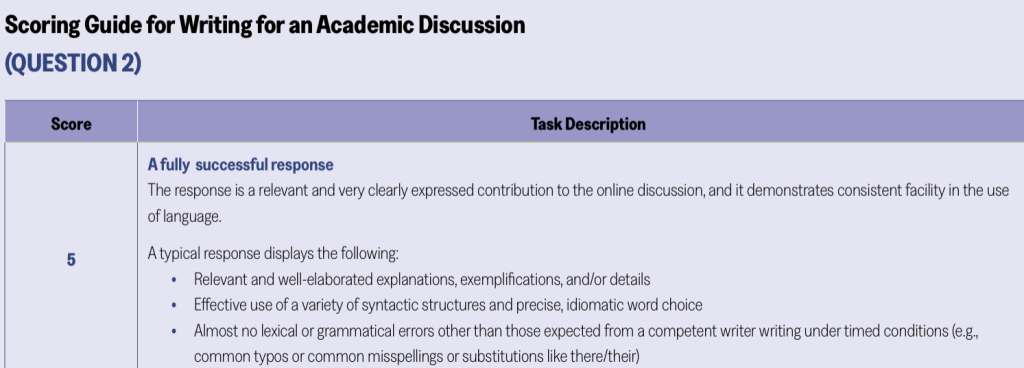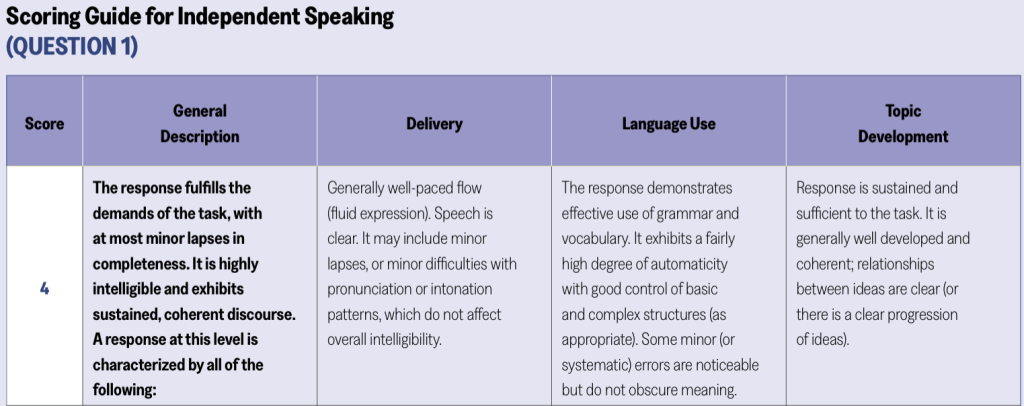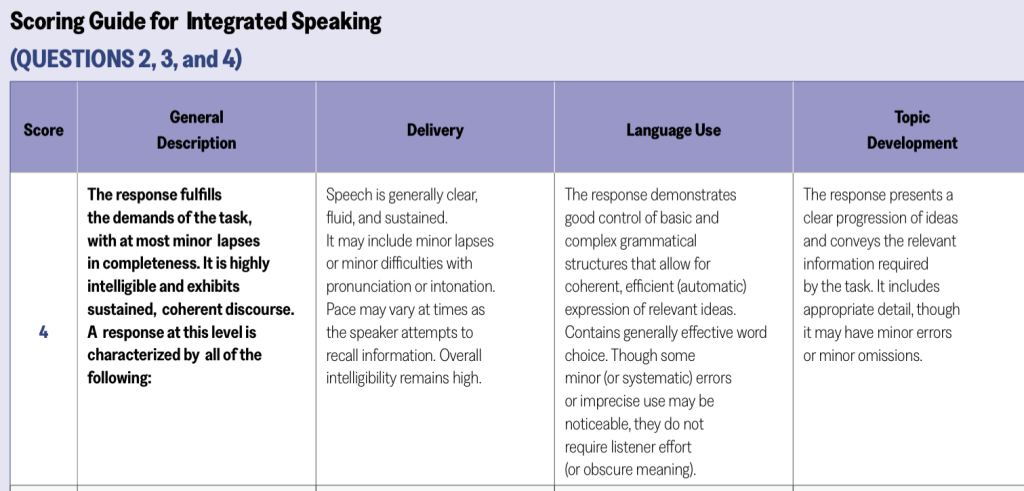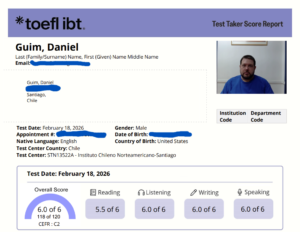Sometimes we can be our own worst enemies when it comes to meeting our goals. You might put much more work into something than we need to, or you might try doing something in a way that actually does more harm than good. There’s also the possibility that you don’t understand how the TOEFL is evaluated.
Here are three more reasons why people miss the mark when it comes to TOEFL.
Reason 1: Overpreparing
This sounds a bit strange, but it happens.
Sometimes I work with people that feel like they need to study for 2 or 3 hours every day of the week to prepare for TOEFL up until the day of the test. While it’s admirable that people want to put in that amount of work, they usually end up stressed out, anxious, and they’ve spent so much energy preparing that they ultimately burn out when they need to take the actual test.

What works better is learning the strategies and preparing each section bit by bit. Once you are mostly getting correct answers and feel confident, there’s probably no need to continue practicing your skills in a particular section. I find that studying for 2 to 3 hours a week over a period of 6 to 8 weeks (outside of working with me) is a better approach to take TOEFL assuming that you have the right level.
Reason 2: Hoarding resources and peparing in the “incorrect” way
Do you know anyone that has tried to do a home repair or renovation on their own even though they don’t have the expertise or background to do so? They might watch some YouTube videos, consult with friends, buy materials, and try to do it on their own.
The end result isn’t usually pretty. By the time they realize that they’re in over their heads or have made a grave mistake, it’s too late.
When preparing TOEFL, some people gather as many resources as they can. They find YouTube videos, self-paced courses, preparation books, and they try to put them all together to study. If they don’t understand the current format of TOEFL, they might be using materials that are based on older versions of the test. There’s also the risk of the materials they’re using don’t actually provide effective strategies or test questions that accurately reflect the appropriate level of difficulty of the test.

I provide ancillary materials that I’ve created to go along with official test preparation materials from ETS and can recommend resources that help people improve their skills in different areas. My goal is to ensure that people get the score they need and feel confident when they take the test in the most efficient way possible.
Reason 3: Not understanding how responses are evaluated
It’s easy to get stressed out and worried that your English has to be perfect when completing the writing and speaking sections of TOEFL. Some people think that they need to use “advanced English” or they can’t repeat words more than once, or that they should use particular words or phrases to get a high score.
Here are the writing and speaking rubrics to get the highest score for each question type:




I’d like to highlight some phrases that appear in the rubrics:
“Occasional language errors that are present do not result in inaccurate or imprecise presentation of content or connections.”
“An effective response displays….almost no lexical or grammatical errors other than those expected from a competent writer under timed conditions (e.g. common typos or common misspellings or substitutions like they’re/their)”
“Some minor (or systemic) errors are noticeable but do not obscure meaning.”
“Though some minor (or systemic) errors or imprecise use may be noticeable, they do not require listener effort (or obscure meaning).”
This means you can get the highest score even if you make some small errors in your speaking and writing; your answer doesn’t need to be perfect.
When I work with people, we look at their responses in detail in relation to what their responses need, make corrections, but releasing the expectation of perfection helps people feel much more confident going into the test.
Conclusion
Even with most dedicated, hardworking, and intelligent people can fail to get their desired TOEFL score if they fall into one of the abovementioned traps. If you’re interested in learning how I might be able to help, complete the contact form and I’ll get in touch to discuss some options.



